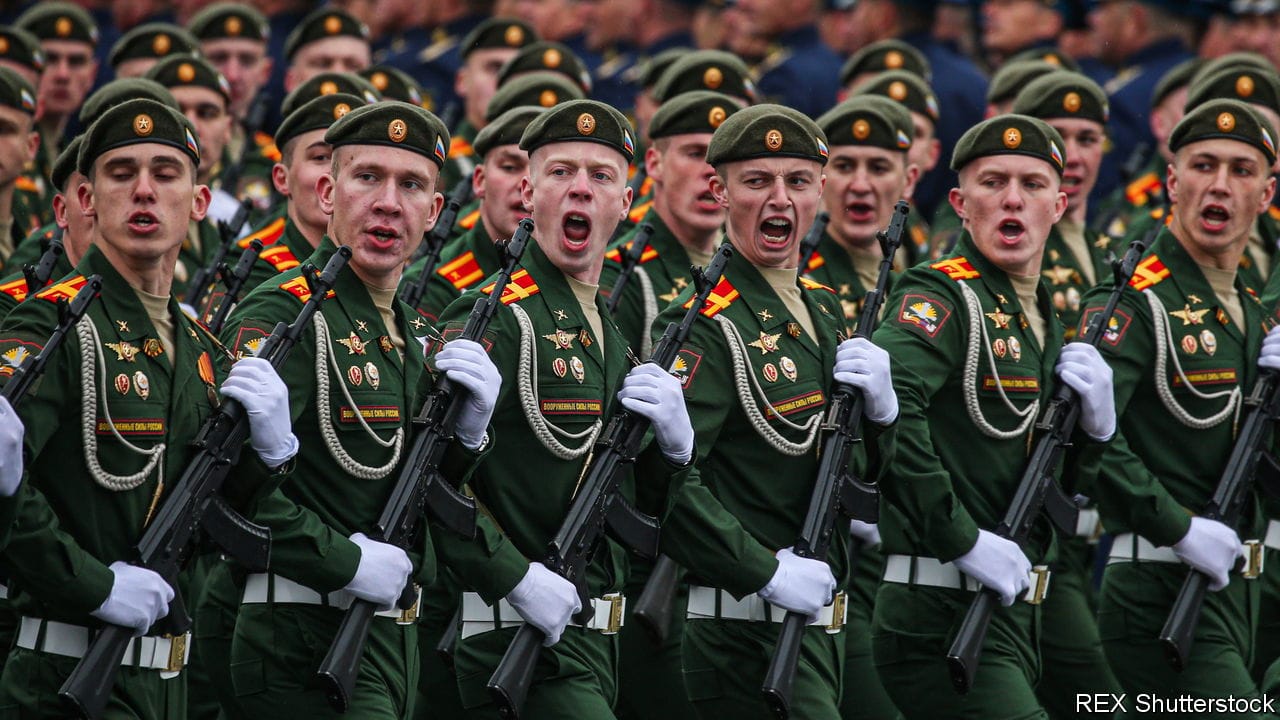- by
- 01 30, 2025
-

-
-
Loading

Loading

in Berlin, the ’s remaining generals surrendered unconditionally to Marshal Georgy Zhukov, commander of the Red Army, and to representatives of the Allied powers in Europe, ordering their forces to lay down arms just before midnight. Because that fell in the early hours of the next day according to Moscow time, Russians ever since have celebrated May 9th as (Victory Day), marking the final defeat of Nazi Germany. (Western countries generally mark the event on May 8th.) On the morning of May 9th 1945, Muscovites poured joyfully into the streets. Many congregated around the embassy of their American allies, embracing the soldiers stationed there as guards; one was reportedly tossed playfully in the air.This spontaneous outburst of popular feeling worried Josef Stalin, the Soviet leader–particularly the affection towards foreign allies. Under totalitarian communism, all autonomous expressions of political sentiment were suspect and had to be suppressed or co-opted. With that in mind, Stalin made plans for an official state event to regain control over the celebrations. On June 24th in Moscow’s Red Square, Soviet forces staged an enormous military parade. For two hours, some 35,000 troops filed past Lenin’s tomb under the eyes of Stalin. The captured standards of Nazi regiments were lowered as tributes, a gesture straight out of imperial Rome. Marshal Zhukov rode a white horse.